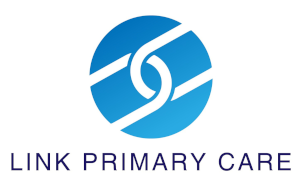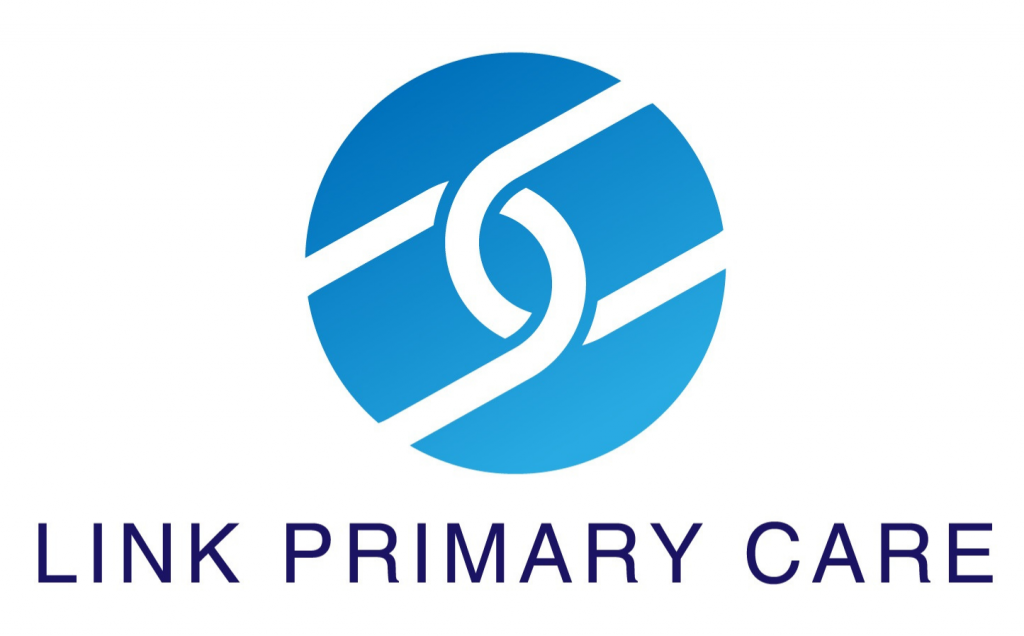Thyroid disorders, such as hyperthyroidism and hypothyroidism, affect millions worldwide. These conditions result from abnormal thyroid function, impacting overall health and wellness. Many people experience symptoms but don’t know the cause, leading to frustration and anxiety. Knowing the signs, causes, and treatment options can help you manage these conditions effectively.
If you’re struggling with thyroid symptoms, a direct primary care (DPC) doctor can offer personalized, affordable care. In this post, we’ll explore hyperthyroidism and hypothyroidism in-depth. You’ll learn what causes these conditions, their symptoms, and treatment options.
What Is the Thyroid?
The thyroid is a small, butterfly-shaped gland located at the base of the neck. It plays a crucial role in regulating metabolism, energy production, and hormone levels. This gland produces two essential hormones:
- Thyroxine (T4): Inactive form, later converted to T3.
- Triiodothyronine (T3): Active form that affects metabolism.
Proper thyroid function is essential for maintaining a healthy weight, energy, and mood.
What Is Hyperthyroidism (High Thyroid)?
Hyperthyroidism occurs when the thyroid gland produces too much thyroid hormone. This overproduction speeds up metabolism, often leading to rapid weight loss, anxiety, and heart issues.
Causes of Hyperthyroidism
Several conditions can lead to hyperthyroidism:
- Graves’ Disease: The most common cause, an autoimmune disorder that overstimulates the thyroid.
- Thyroid Nodules: Overactive lumps in the thyroid can produce extra hormones.
- Excessive Iodine: High iodine levels can increase thyroid hormone production.
- Thyroiditis: Inflammation of the thyroid can temporarily cause excess hormone release.
Symptoms of Hyperthyroidism
Hyperthyroidism symptoms vary but may include:
- Rapid weight loss, despite normal eating habits
- Increased heart rate or palpitations
- Nervousness and anxiety
- Tremors in the hands or fingers
- Excessive sweating
- Difficulty sleeping or insomnia
Diagnosing Hyperthyroidism
A doctor can diagnose hyperthyroidism with a history, physical exam, and blood tests. These tests measure levels of:
- Thyroid-Stimulating Hormone (TSH): Low levels may indicate hyperthyroidism.
- T3 and T4 Hormones: High levels suggest hyperthyroidism.
Imaging tests, such as a thyroid scan, may also be helpful. This scan shows if parts of the thyroid are overactive.
Treatment Options for Hyperthyroidism
Treatment depends on your condition’s severity. Common treatments include:
- Antithyroid Medications: Drugs like methimazole reduce thyroid hormone production.
- Radioactive Iodine Therapy: This therapy shrinks the thyroid, lowering hormone levels.
- Beta-Blockers: These drugs help manage symptoms like a rapid heart rate.
- Surgery: For severe cases, surgery may remove part or all of the thyroid.
What Is Hypothyroidism (Low Thyroid)?
Hypothyroidism is the opposite of hyperthyroidism. In this condition, the thyroid gland doesn’t produce enough hormone, slowing down metabolism.
Causes of Hypothyroidism
Several factors can cause hypothyroidism:
- Hashimoto’s Thyroiditis: An autoimmune disorder that attacks the thyroid, causing inflammation and reduced hormone production.
- Iodine Deficiency: The thyroid needs iodine to produce hormones. Low iodine intake can cause hypothyroidism.
- Medications: Certain drugs, like lithium, can affect thyroid function.
- Surgery or Radiation: Treatments for other thyroid issues may reduce hormone production.
Symptoms of Hypothyroidism
Common symptoms of hypothyroidism include:
- Fatigue and sluggishness
- Unexplained weight gain
- Cold sensitivity
- Constipation
- Dry skin and hair
- Depression or mood swings
- Low heart rate and weakness
Diagnosing Hypothyroidism
A doctor can confirm hypothyroidism with a history, physical exam, and blood tests. These are the same tests that measure:
- TSH Levels: High TSH levels may indicate hypothyroidism.
- T4 Levels: Low T4 levels also point to hypothyroidism.
Treatment Options for Hypothyroidism
The primary treatment for hypothyroidism is hormone replacement therapy. This involves taking thyroid hormones, typically levothyroxine, to restore hormone levels.
- Levothyroxine: A hormone that normalizes thyroid function.
- Regular Monitoring: Your doctor will adjust the dosage to ensure optimal levels.
How Link Primary Care Can Help with Thyroid Disorders
Direct primary care offers numerous advantages for managing thyroid conditions. At Link, we prioritize fast, easy access and affordable care. Here’s how we can help:
- Personalized Attention: We take time to understand your symptoms and lifestyle.
- Easy Access to Appointments: No long waits for appointments mean quicker symptom relief.
- Affordable Care: We provide affordable care without the need for insurance approval.
- Comprehensive Testing: Our DPC clinic offers comprehensive thyroid testing, ensuring accurate diagnoses.
Hyperthyroidism vs. Hypothyroidism: A Side-by-Side Comparison
Understanding the key differences between hyperthyroidism and hypothyroidism can help you recognize symptoms early.
| Symptom | Hyperthyroidism | Hypothyroidism |
| Weight Changes | Rapid weight loss | Weight gain |
| Energy Levels | High energy, often restless | Fatigue and sluggishness |
| Heart Rate | Rapid or irregular heartbeat | Slow heart rate |
| Temperature | Sensitivity to heat | Sensitivity to cold |
| Mood | Anxiety, irritability | Depression, mood swings |
Choosing the Right Doctor
Your choice of healthcare provider matters. At Link Primary Care, we focus on personalized, accessible care. Here’s what sets us apart:
- Direct Access: You have direct access to your provider, with no middleman.
- Affordable Pricing: We offer transparent, affordable pricing without hidden fees.
- Focused on Prevention: We prioritize prevention and early intervention.
If you’re concerned about thyroid health, we’re here to help. Our team offers expert, compassionate care, helping you find a treatment plan that works.
Contact us today for a one-on-one consultation. Together, we’ll create a plan to help you feel your best. Our team is dedicated to making healthcare accessible, affordable, and centered around your needs.
Take the first step toward managing your thyroid health effectively. Reach out now to schedule your consultation. Let us help you feel better, faster.
Schedule a one-on-one consultation with Dr. Jeffrey Davis using the following link:
https://calendly.com/jeffreydavis-linkprimarycare/link-primary-care-meeting
Get more information on our website at linkprimarycare.com


